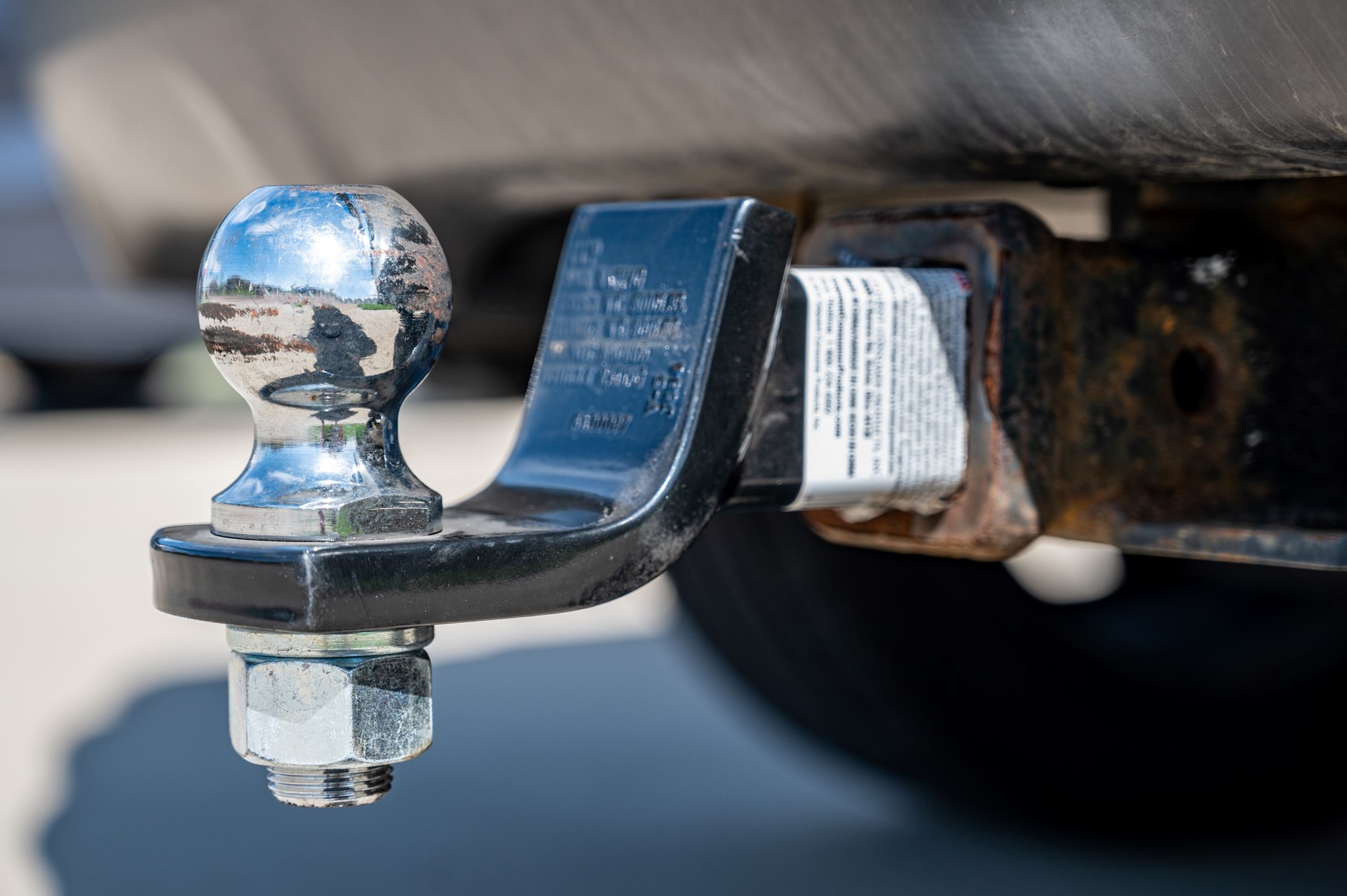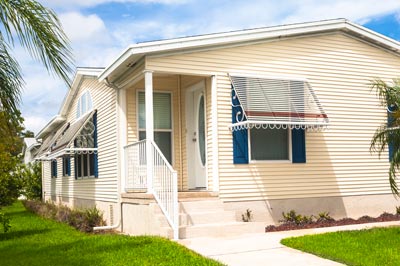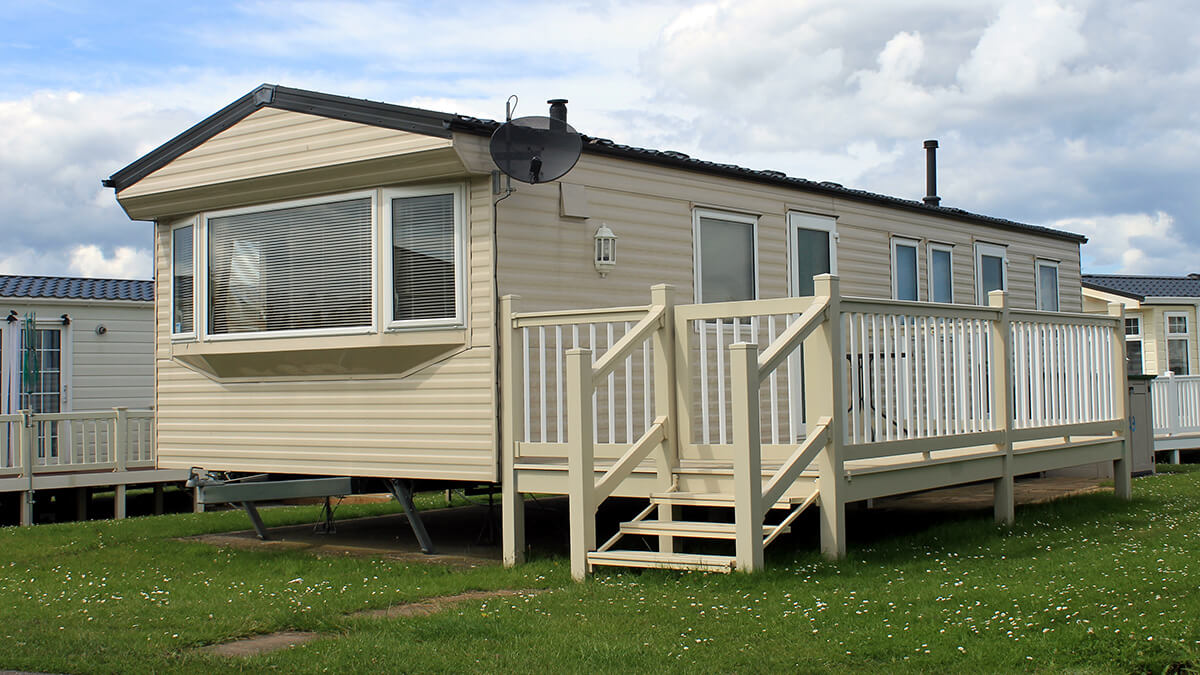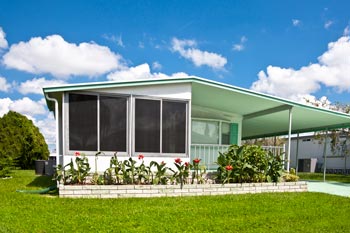Top Five Uses for a Trailer Hitch

A trailer hitch just might be the most inventive way to add more cargo space, value and extra opportunities for fun to your vehicle. While some vehicles like trucks and SUVs may come with a factory-installed hitch or tow package, it's very common for drivers to install a hitch or tow package to their vehicle as an after-market accessory.
Wondering what the difference between a hitch and a tow package is? Depending on what you plan to tow, you may need more than a standard hitch with a trailer ball attached to your vehicle. In addition to the tow hitch itself, a tow package (especially if it's factory-installed) may include things like a wiring harness and circuitry to power the lights and accessories on a trailer, heavy-duty suspension and brakes to handle the extra weight, an enhanced engine and transmission cooling system, larger battery and alternator to help power your vehicle and what you're towing with ease, and additional driver-assistance systems that can help with overall spatial awareness while towing.
Depending on what you're towing and where you're going, this article provides some helpful information if you're deciding between a factory-installed tow package or an aftermarket tow package for your vehicle.
If you're thinking about adding a hitch to your vehicle … here are our top five uses for a trailer hitch:
- Hitch-mounted bike rack — If you like to hit the mountain bike trails, go on scenic family bike rides in your area, or take bikes along on family vacations, a hitch-mounted bike rack is an easy way to transport bicycles of all kinds. While this type of bike rack extends the overall length of your vehicle (something to be aware of when parking), loading and unloading bikes can be much easier than bike racks that are mounted on a vehicle's roof.
- Utility trailer — A small utility trailer can be ideal for many towing tasks such as hauling plants and supplies for a garden or landscape project (and any debris that results) or moving any large items that won't fit in your vehicle, like furniture or appliances.
- Travel trailer — From pop-up camper trailers to luxury, fifth-wheel travel trailers, there's a camping travel trailer to fit almost every kind of person who enjoys camping and exploring the great outdoors.
- Boat trailer — If you don't live on a lake or body of water but want to take nearly any kind of boat — a small fishing boat, a ski or wake boat, a pontoon or sailboat - out on the water, you'll need a trailer that's specific to the boat. Unless you have a boat-slip at a marina that offers haul-out and storage service, you'll likely need a trailer for your boat at some point.
- Off-road vehicle trailer — There are many types of off-road vehicle trailers from simple, utility-type trailers for things like ORVs and off-road motorcycles to enclosed cargo-type trailers for ORVs and snowmobiles. If you like to explore new trails on your ORV or snowmobile, you may want to invest in a trailer to haul them with you wherever you go.


